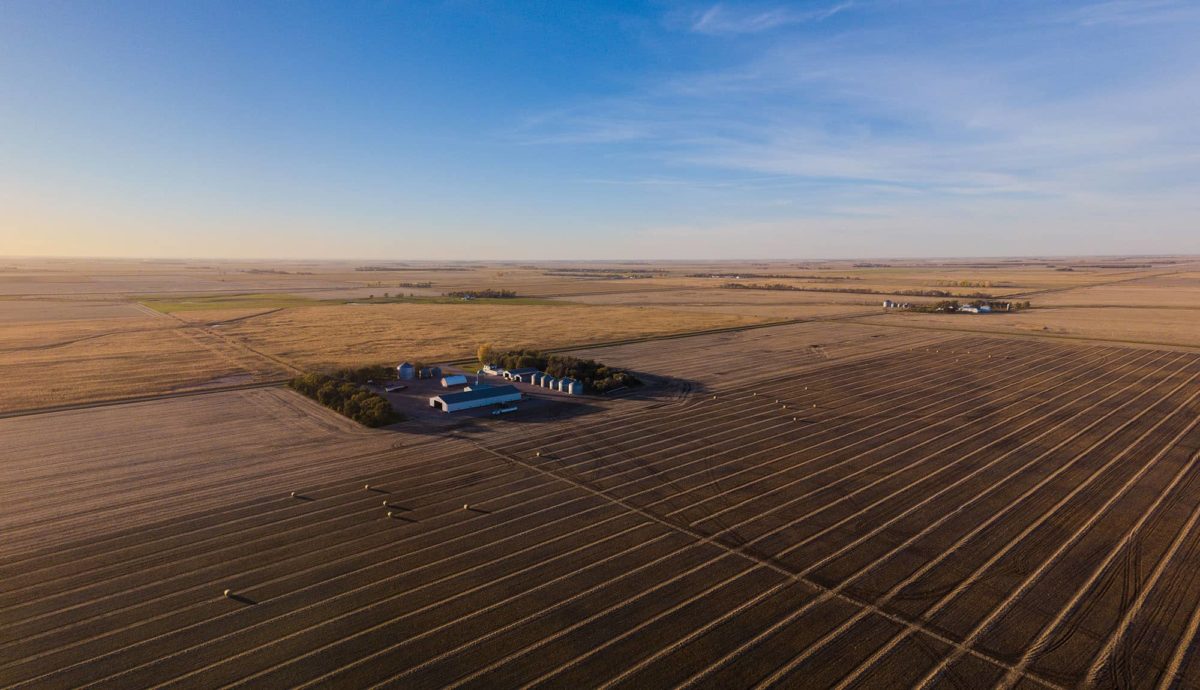The State of Cannabis Legislation & Licensing: North Dakota, South Dakota, Nebraska, Kansas

Throughout the nation, cannabis laws are in continuous flux. The laws that govern cannabis business licensing in North Dakota and other midwestern states are no exception. Although this region of the country is a bit behind the coasts when it comes to cannabis legalization, progress is happening here, and it’s playing out differently from state to state. Read on to get caught up on cannabis business licensing in Nebraska, Kansas, North Dakota and South Dakota.
North Dakota Cannabis Business Licensing
Although recreational cannabis remains illegal here, medical marijuana recently received a boost in the form of a limit increase. North Dakota dispensaries may now sell up to 6,000 milligrams of THC (up from 4,000 milligrams) to a patient every 30 days.
Currently, medical cannabis is legal in the following forms:
- Concentrates
- Solutions
- Topicals
- Capsules
- Transdermal patches
This amendment became effective on Aug. 1, 2023. North Dakota cannabis business licensing and other laws are continually changing; In 2022, patient application fees were reduced from $50 to $25.
Further, in March 2023, Governor Doug Burgum signed a bill that allows hospice patients to self-certify as medical marijuana patients into law. Proof of admittance into hospice care may be used in lieu of a doctor’s written recommendation to register as a medical cannabis patient. Regulators must issue a cannabis patient card within 14 days of receiving the documentation, and application fees will be waived for qualifying hospice patients. To additionally ease the process, the new law also allows designated caregivers to be able to pick up products for hospice patients without a background check.
Cannabis business licensing in North Dakota is not currently open.
South Dakota Cannabis Business Licensing
A new ballot initiative to allow recreational cannabis sales in South Dakota was drafted in mid-November 2023. Unlike a separate would-be initiative filed earlier in 2023, this new proposal includes plans for licensed, regulated retail sales to adults in addition to legalizing possession (up to three ounces) and home cultivation of six plants per adult (maximum 12 per household). The initiative would authorize the Department of Health to issue dual-use licenses to existing medical dispensaries to begin adult-use sales. Local governments could limit the number of licenses available within their jurisdictions, but not prohibit them completely. Currently, more than 11,500 South Dakotans hold medical marijuana cards. This number is nearly double the amount state officials had expected to be enrolled in the program by 2024.
South Dakota cannabis business licensing is not open for applications.
Cannabis Business Licensing in Nebraska
Nebraska medical marijuana advocates are also working toward another crack at legalization. This year’s drive includes two separate measures:
- The Patient Protection Act
- The Medical Cannabis Regulation Act
The first would protect patients and caregivers. The second would set up the regulatory environment for medical cannabis sales. In 2022, Nebraskans for Medical Marijuana, co-chaired by State Senator Anna Wishart and former State Senator Adam Morfeld, did not collect signatures from five percent of voters in at least 38 of Nebraska’s 93 counties. Morfeld said the reason why efforts continue is because people are suffering.
“There are people that have loved ones that are still here and suffering today, and that’s why we get up and do this every single day,” Morfeld told the few dozen people gathered in downtown Lincoln.
Nebraska cannabis business licensing is not open.
Cannabis Business Licensing in Kansas
A surprising group in Kansas is advocating for the legalization of medical cannabis. The Kansas Silver Haired Legislature met at the Statehouse and voted to advocate during the legislative session beginning in January. A primary concern drawing their attention are the thousands of uninsured Kansans who are between the ages of 60 and 64 who fall into a medical coverage gap, as they are too young to qualify for Medicare but have too much money to qualify for Medicaid. By expanding Medicaid, the Silver Haired Legislature believes many would benefit.
Assisting with this gap coverage would be legalized medical cannabis. The group says cannabis is vital to seniors suffering from Alzheimer’s disease and chronic pain as well as other conditions. During Statehouse testimony, cannabis advocates also praised its impact on veterans suffering from PTSD.
When one legislator voiced concern about crime and cartels coming to Kansas if cannabis were legalized, George Hanna, the executive director of the Kansas chapter of The National Organization for the Reform of Marijuana Laws, said the drug trade was created by prohibition and that legalization in other states has helped curtail illegal marijuana distribution.
“We’ve had a giant shift socially in the acceptance of this plant in most of the country,” Hanna said, “thereby reducing the demand in the market, in the black market.” The Kansas Silver Haired Legislature is a nonpartisan group comprised of Kansans over the age of 60 who advocate for issues that affect seniors in the state. Members of the group are picked through elections hosted by the local Area Agencies on Aging. State-specific groups with the same focus and name are found throughout the United States.
Looking for the Latest in Kansas Cannabis Business Licensing and More?
Want to stay up to date on cannabis business licensing in Kansas and throughout the nation? Attend CannaCon. CannaCon is the nation’s largest B2B cannabis exposition, and it’s held multiple times each year, throughout the country. Don’t miss your opportunity to connect with like-minded entrepreneurs and cannabis enthusiasts alike at CannaCon. Get your tickets today.
This article was originally published on July 12, 2019. It was updated on Dec. 26, 2023.

Legalize